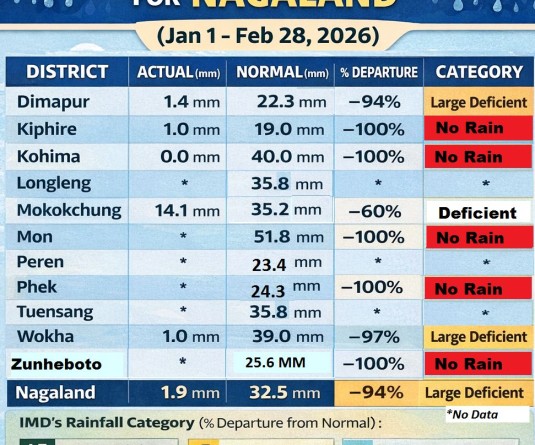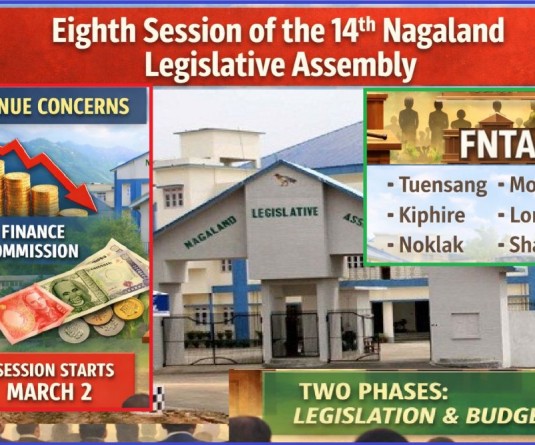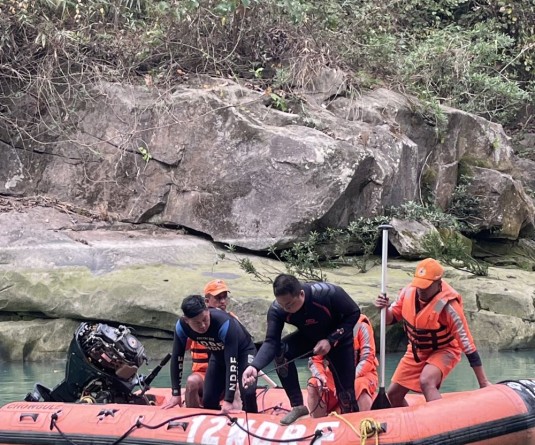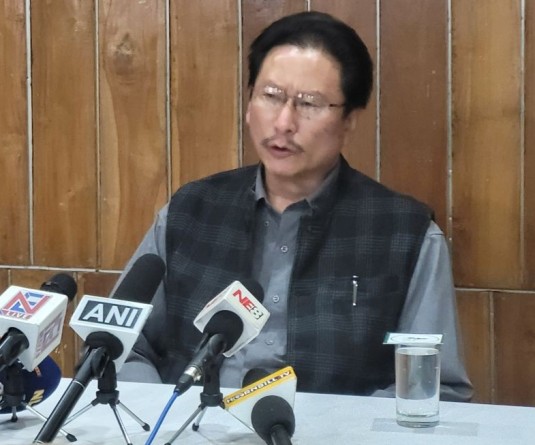
DIMAPUR, MARCH 16 (MExN): A state level observation of ‘World Consumer Rights Day’ was held on March 15 at Kohima Law College. The event was jointly organized by the Nagaland Voluntary Consumers Organizations (NVCO) and the Kohima Law College.
Kezhokohto Savi, President of the NVCO and a lecturer at the Kohima Law College, presented a paper titled, ‘Consumer stand up for your rights with special emphasis towards fighting against corruption in Nagaland.’ Savi started off by urging the people to recognize that every citizen is a consumer. He added that people have the right to question the quality of goods and services and to voice out against the misappropriation of public funds for infrastructural development. He stressed on the link between consumer rights and infrastructural development.
He stated that public funds are not for the “politician’s pocket.” He urged the people to fight against corrupt practices and facilitate proper development. He added that “people demand good roads, bridges, electricity services, etc” and stated that “corruption is the greatest enemy of economic development.”
Savi said that the “lack of infrastructure development is due to violation of ethics of technicality and due to various corrupt and illegal practices. He also alleged that the government has not been able to finish projects within the stipulated time.
He stated that the government has deprived contractors and entrepreneurs of a fair chance to “meaningfully grow, participate and contribute to the development of the State.” The President of the NVCO cited various projects and alleged malpractices by the government.
He said that “the consumer movement needs active participation from consumers to lobby with the government, pressurize the market to deliver better quality, and to support consumer rights campaigns.” He added that empowerment of consumers by NGOs and public campaigns is a “two-way process and without continuing consumer support, no campaign can flourish.”
Savi referred to the youth as a very important consumer segment for the market. He informed that “women consumers make 80% of all purchase decisions” and added that they are being “specifically targeted by the market because of their growing purchasing power and their ‘working-woman’ status.”
He also said that women consumers have the responsibility of choosing products that are not just convenient but also safe to use and eco-friendly. He stated that “they must evaluate the nutrition content of food products before buying them and weight their quality with traditional foods which are less-expensive, have better nutritional scores and consume less resources.” Savi concluded by reiterating his call for consumers to stand up for their rights and ensure the delivery of better goods and services.






